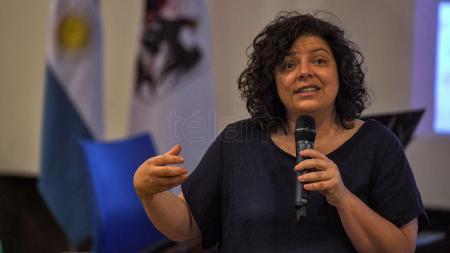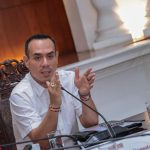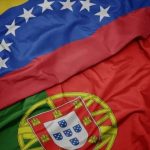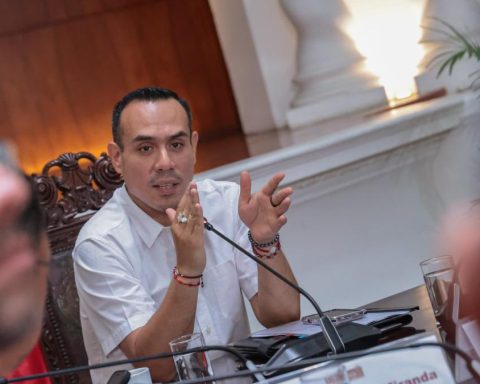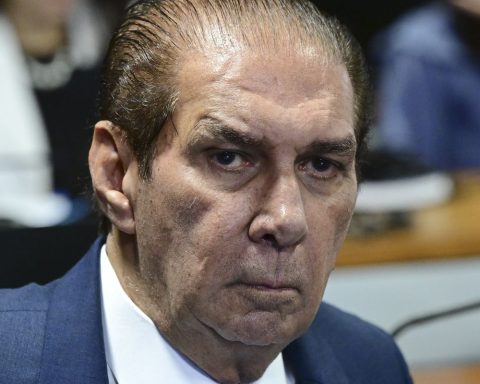The Minister of Health, Carla Vizzotti affirmed this Friday that “the residents of the country are the fundamental base of the health system”, when celebrating the inclusion in the extraordinary sessions of Congress of the bill prepared by his portfolio that seeks the improvement of the training system for professionals in the sector and ensures the rights of those who learn in the context of work.
“The President of the Nation sent this project to extraordinary sessions in a clear demonstration of his commitment to the residents of the country, who are the fundamental base of the health system and have played a fundamental role during the pandemic,” Vizzotti said in a statement from your portfolio.
And he added that it is important that Congress “can make visible the relevance of advancing in this line and that this bill, which has a broad consensus, can achieve its treatment.”
Likewise, he stressed the importance “of changing, once and for all, a law of the dictatorship and working on regulations with a democratic and superior perspective. Having a formative conception and conceiving the residents as subjects of rights is something central”.
“In a short time, a very important path was traveled with a lot of federal participation”Carla Vizzotti
In relation to the joint work, the minister affirmed that “in a short time a very important path was covered with a lot of federal participation.”
“The The situation of the residents has been a topic on the agenda during 2022 and for which systematic meetings have been held for a long time with groups of residents, recovering their opinions and experiences, in addition to having been technically addressed together with different actors,” recalled the health portfolio.
For the elaboration of the project, work was done together with ministers, ministers and technical areas in a Human Talent Commission dependent on the Federal Health Council (Cofesa), and it was analyzed together with the Argentine Forum of Faculties and Public Schools of Medicine (Fafemp) and associations and scientific societies.
Currently, regardless of jurisdictional laws and regulationsLaw 22,127 for the National System of Residences, which was sanctioned by the Dictatorship in 1979, is still in force “under a reality, context and socio-cultural needs that do not correspond to current health problems, nor to the democratic commitment reached almost 40 years ago,” the statement said.
“This norm contains definitions that have allowed to sustain a coercive operation and stripped of labor, academic rights and of course without place for complaints about violence and / or aspects related to diversity, inclusion and gender,” he said.

Bill Details
The current law establishes the figure of “annual scholarship” that favors job insecurity and excessive working hours, putting the health of professionals and users of the system at risk.
Meanwhile, the project that will be dealt with in extraordinary sessions – from January 23 to February 28- repeals the law of the dictatorship and contemplates providing humanistic, professional, scientific and technical training at the highest level, in serviceto contribute to the preservation of the state of health, autonomy and well-being of the people and communities in which they live.
Also, look for incorporate rights and decent working conditions, maximum on-call hours and mandatory breaksremuneration subject to current labor regulations (leaves, settlement regulations), gender and diversity perspective.
It also establishes innovative conditions for learning new subjectivities, incorporating the digital health and simulation and redefines “the figure of chief / or instructor / or by that of tutor / or and coordinator / or, with a specific profile to train ethical professionals, who can address complexity, interdisciplinary and community work with a focus on primary care Of the health”.
Another point is that creates the Network of Jurisdictional References for the National Residency System with an active role of monitoring and readjustment of the system and an Observatory of the National System of Residences, managed and integrated by residents from all over the country.
